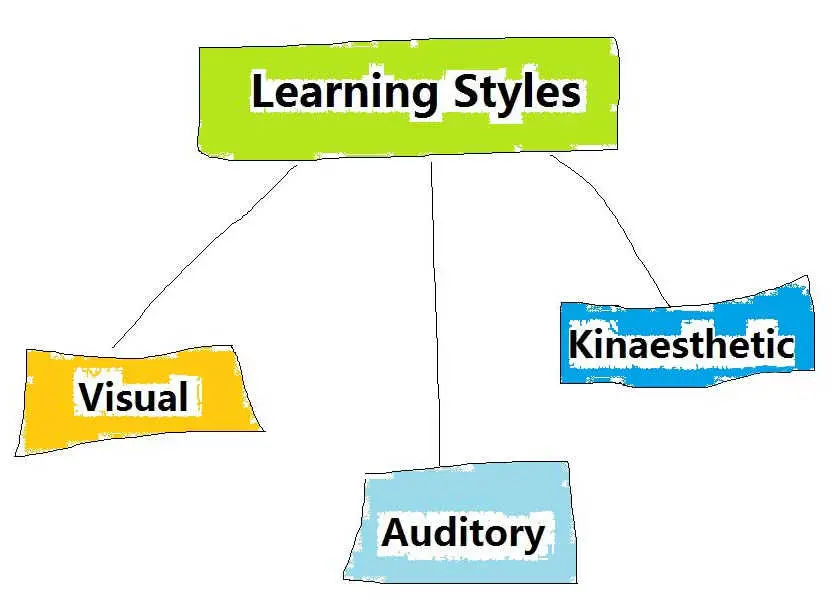Show AWL words on this page.
Show sorted lists of these words.


 







|
About the site Miscellaneous information about the EAPFoundation.com and its creator
This page gives some basic information about the website: what EAP is; who the website is for; and some information about me, the author. This About page also gives some information about some of the key features of the website, such as the AWL widget, the dictionary widget and the podcasts, as well as discussing some of the educational principles which are important for the site, namely learning styles and learner autonomy.
AWL widget
A unique feature of the website is the AWL widget. This enables you to highlight all the words on the web page which are in the AWL (Academic Word List). This is an important tool if you want to study academic words in context. The AWL widget requires JavaScript to run, so you will need to have JavaScript turned on for this to work. Try it now to see how it works!
Podcasts
Another important feature of the website is the podcasts. These are spoken versions of the page, with a few lecture cues added to make the information easier for the listener to understand. These are helpful if you do not have time to read through the information. They can also be used as note-taking practice. They might also be helpful if your learning style is more auditory learners (see below).
Dictionary widget
A useful feature of the website is the ability to check meanings of words on each page. This is done using the dictionary widget. This looks up words using either of two open source dictionary databases: the Wordnet database, from Princeton University, and the OPTED dictionary, based on Webster's 1913 Unabridged Dictionary. Try it now!
Learning Styles
There are different aspects of the website which appeal to different learning styles (visual, auditory, and kinaesthetic). Some of the ways in which the website does this are shown below.

Visual
- cartoon images
- other images
- use of colour
- mix of pattern and linear styles
- charts (like this one)
- flowcharts (e.g. writing process)
- tables (e.g. checklists)
Auditory
Kinaesthetic
- interactive web pages (e.g. AWL widget)
- a variety of exercises
- clickable hyperlinks
Learner autonomy
Another important principle of the site is learner autonomy, also called learner independence. Students who have more control over their learning are likely to improve more quickly than those who do not. One example of how learners using the site can be more autonomous or 'in control' is the checklists (such as this example), usually at the end of a section. These allow the student to assess their learning, either on their own, or working with a peer (another student). Working with peers is one of the keys to successful learning: they have more time to help you than your teachers do, they share a similar learning experience, and they may even have very similar educational or social backgrounds.
What is EAP?
EAP, short for English for Academic Purposes, is the English students need for success in academic (usually university) study. It is a discipline usually studied by international students before they begin a course of study at university, although in fact the skills involved in EAP are useful for all students engaged in academic study, including native speakers. Examples of what EAP includes are:
- writing academic reports and essays;
- citing your work to avoid plagiarism;
- reading and note-taking;
- critical reading;
- giving presentations;
- taking part in seminar discussions;
- listening to lectures;
- taking effective notes.
More information on what EAP is can be found in the About EAP section.
Who is the website for?
As the name suggests, the main focus of EAPFOUNDATION.COM is the foundations or basics of EAP. The website is primarily intended for students who are undertaking a foundation year programme or a pre-sessional programme in preparation for full university study. The website should also, however, be useful for students who are already studying at university and who need to brush up on their academic English skills, as well as students who are preparing for university study but who have never formally studied EAP before. The wealth of information, activities and exercises mean it should also prove a valuable resource for EAP teachers.
About the author
My name is Sheldon Smith and I am an EAP teacher and academic manager working in Guangzhou, China. I have been teaching EAP since 2003, most of that time working with Chinese students who plan to study at university overseas. Although I grew up in England and all of my schooling took place there, I was born in Singapore, where I lived for the first year and a bit of my life. The Orient is in my blood, and the Far East is where most of my working life has been spent. My teaching and programme management in China have helped almost two thousand students achieve their dream of studying at an overseas university, mainly in the UK, the USA, and Australia.
My progression to EAP teacher is an unusual one. I originally studied pure mathematics at undergraduate level, but my heart was never in it, and I spent my university years reading literature rather than course books and dreamed of being a writer. Years as an aspiring writer of novels (more of which here) helped to hone my skills with the English language. I still keenly remember the hours spent in my local library, researching facts for my books and conning dictionaries to check the usage of my vocabulary, in much the same way that my students do. A Cambridge University DELTA and a Masters in Educational Leadership have given focus to my teaching and management skills, but it is fair to say that the creativity of a writer of fiction, and the analytical skills needed by a mathematician, have also served me well in my role as a teacher, academic manager, and web designer.

I hope you enjoy the site, and find it useful, either for your study (if you are a student) or work (if you are a teacher).
Sheldon Smith
17 April, 2013
Author: Sheldon Smith. Last modified: 28 April 2020.